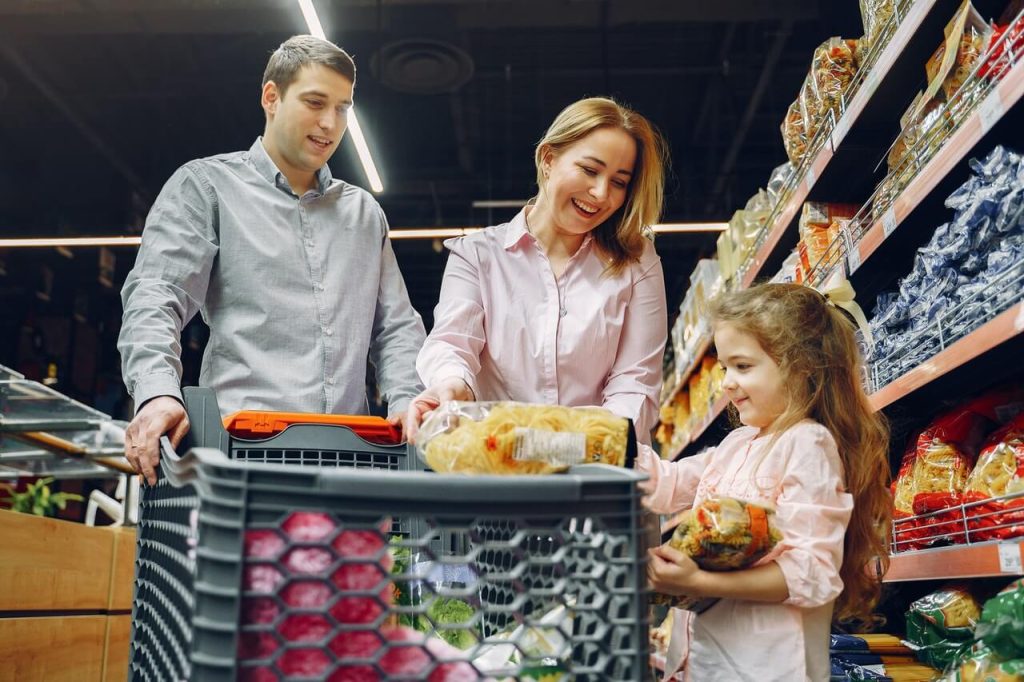Last week’s fiscalised retail turnover was about HRK 2.7 billion as against HRK 2.54 billion a week in the weeks prior to the war. That is a jump of 6% on the week and such a sudden increase occurs only for public holidays or in extraordinary situations. The war that has shocked all of Europe is certainly one of those situations and it has aroused fear of shortages, which is why citizens have started stockpiling, doing so also in an attempt to avoid unwanted price hikes.
A consultant on agriculture and the food industry, Zvjezdana Blažić, says that the increased turnover is undoubtedly due to stockpiling but also due to consumers trying to avoid price hikes caused by disruptions on the domestic and foreign markets.
The prices of yearling beef has increased between 20% to 27% on the year while the price of beef has increased by 12.5%, that of lamb by 12% and of pork by about 10%. The price of poultry has increased by 8.5% to 30% while vegetable prices have increased by 20%, Blažić explained.
She underscored that it’s difficult to keep tabs on prices as they are changing each week so the effect of the reduced VAT on some products is not quite clear, with some retailers having reduced VAT even before the set deadline of 1 April.
“Each EU member wants to increase its strategic stockpiles and retailers are probably increasing their orders, and speculation plays a big role in that. I don’t see that the rush for goods is that noticeable for the time being as it was in the first ten days or so of the pandemic and lockdown. I haven’t seen people overloading their shopping trolleys and we are yet to see what will happen in a week or two, nobody knows,” the head of the Croatiastočar organisation representing livestock producers, Branko Bobetić, said.
Given that Croatia is not self-sufficient for any category of meat, further disruptions in supply chains will cause a further increase in prices of meat, and prices of fish have been going up as well, the Večernji List said.
Business: For more, check out our business section.











